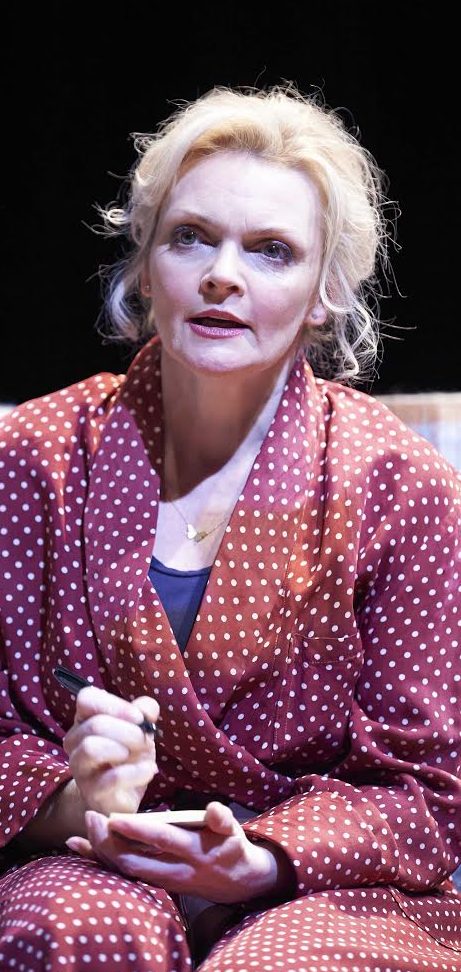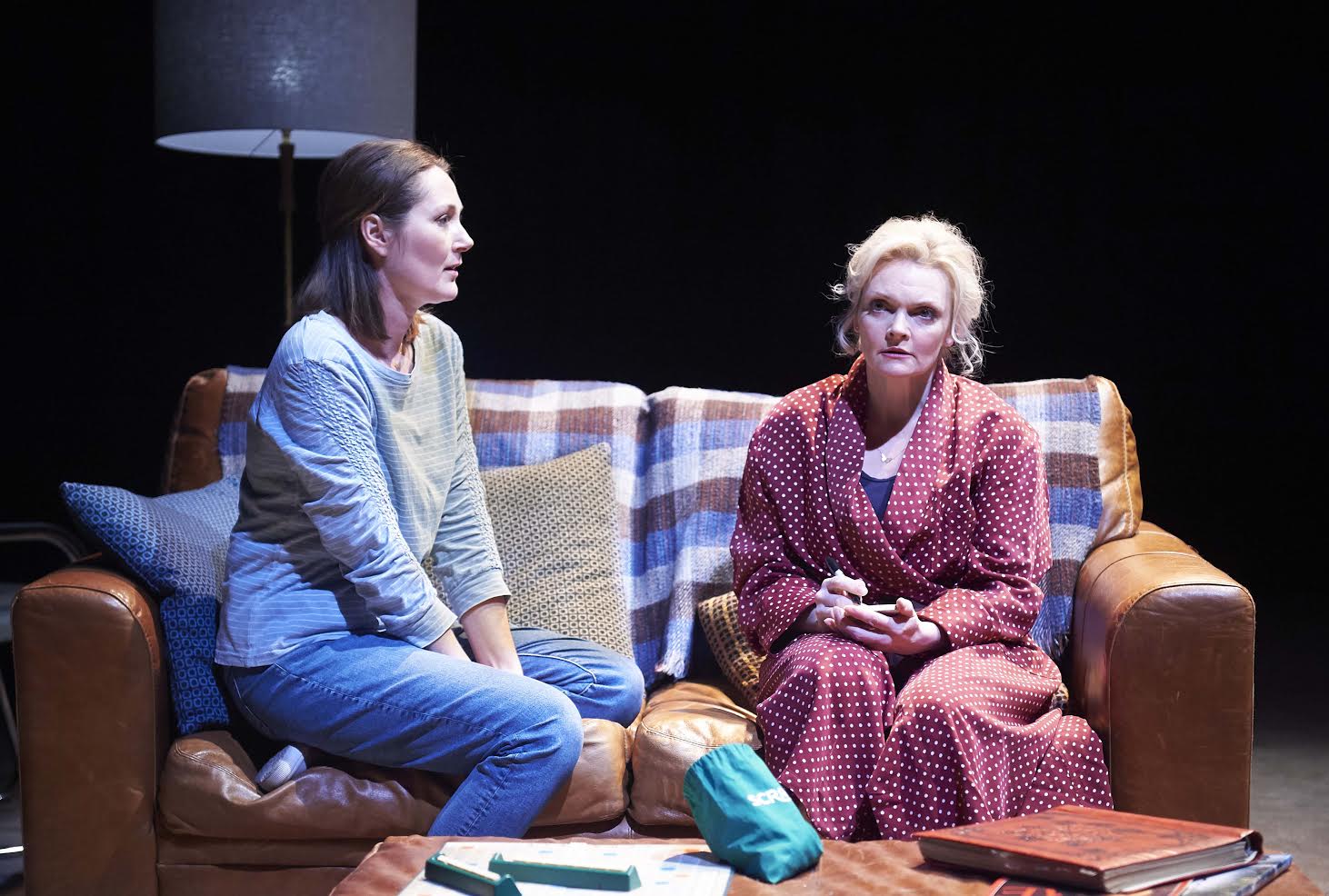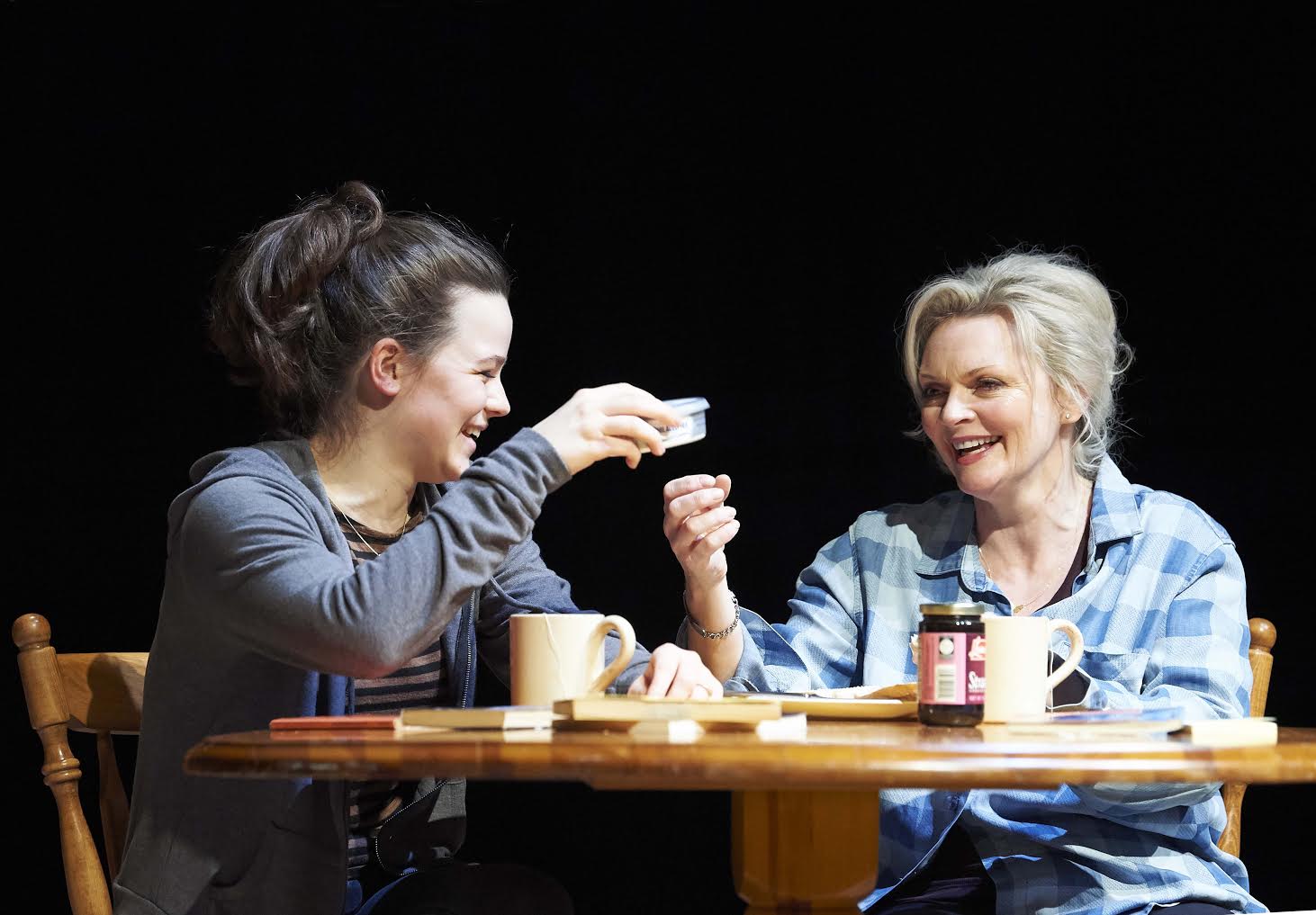- Stay Connected
 Abraham Lincoln
If given the truth, the people can be depended upon to meet any national crisis...
Abraham Lincoln
If given the truth, the people can be depended upon to meet any national crisis...
 Guildford news...
for Guildford people, brought to you by Guildford reporters - Guildford's own news service
Guildford news...
for Guildford people, brought to you by Guildford reporters - Guildford's own news service
Stage Dragon: Still Alice – Yvonne Arnaud Theatre
Published on: 10 Oct, 2018
Updated on: 10 Oct, 2018
By Alice Fowler
Some plays provoke a sense of trepidation. Take Still Alice, on show at the Yvonne Arnaud this week. It tells the story of a woman aged 50, facing young-onset Alzheimer’s, named Alice. Your reviewer: a woman of around 50, with a family history of young onset Alzheimer’s, named…. Well, you know the rest.
If this play feels personal – as it doubtless will for many others in the audience – I can happily report we are in safe hands. This excellent production, while moving, is never depressing.
Alice Howland – the ‘Alice’ of the title – is a linguistics professor at Harvard University. She and her husband John, a research scientist, are an exceptionally successful, high-functioning couple.
But soon after her 50th birthday, Alice starts to forget words – nothing serious, and it’s probably just the menopause. Then she begins to forget other things too: how to get home from a run, for example, and even to find the bathroom in her own house.
Alice is diagnosed with young-onset Alzheimer’s disease, and the play explores the impact of her condition on Alice, John and their two grown-up children. Sharon Small is wonderful as Alice: a fiercely intelligent woman, condemned to watch her own personality unravel.
On stage with her is ‘Herself’ – cleverly played by Eva Pope – who voices Alice’s inner thoughts, sometimes comforting, often disoriented and frightened. This device ensures that, as her disease progresses, the audience never loses sight of the woman she really is.
Based on a best-selling book, Still Alice was adapted into a 2014 film starring Julianne Moore, who won an Oscar for her performance as Alice. The year before that, it had been adapted as a play – and it is this adaptation that receives its British premiere in this touring Leeds Playhouse production.
Working with the Playhouse team is Wendy Mitchell, author of a best-selling British memoir on living with dementia. With Mitchell’s assistance, director David Grindley’s portrayal of life with Alzheimer’s feels authentic and never patronising. As the months pass, we see its effect on every member of the family. Alice’s husband (Martin Marquez) and son (Mark Armstrong) both struggle to accept the changes in the woman they love. John, once happy to clasp his attractive wife close, soon can only greet her with a dutiful peck on the forehead.
It is Alice’s daughter Lydia (Ruth Ollman), an aspiring but unsuccessful actress, who provides hope. At the start of the play her relationship with her mother is spikey: Alice, like all good mothers, frets about her drifting daughter. Lydia resents this and the two barely speak. Yet as Alice’s Alzheimer’s develops, it is Lydia who finds unexpected depths of sensitivity and understanding. This, and Alice’s dignity and courage, light up the stage. I defy you to watch this play dry-eyed.
Still Alice continues at the Yvonne Arnaud until 13 October 2018. Box office 01483 440000, see yvonne-arnaud.co.uk


















Adam Aaronson
October 10, 2018 at 11:10 pm
Excellent review of this poignant and thought provoking production. We went this evening. Highly recommended.